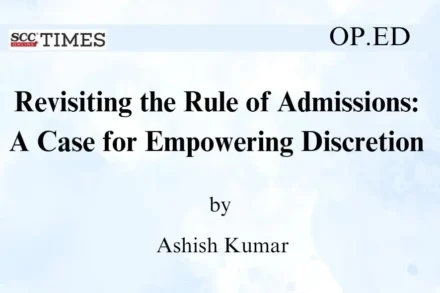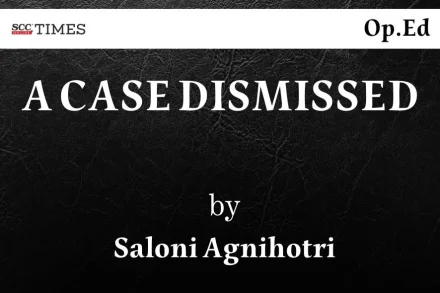
A Case Dismissed
by Saloni Agnihotri*

by Saloni Agnihotri*
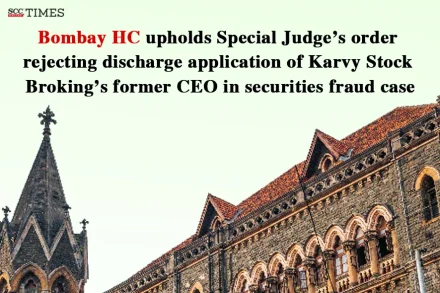
Karvy Stock Broking, a registered stockbroker and Depository Participant, and its CEO faced allegations of pledging and misusing securities and funds of its clients and had allegedly acted in violation of various circulars issued by Securities Exchange Board of India.
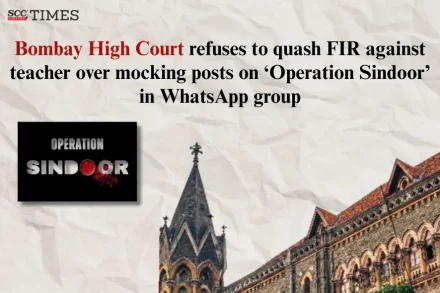
The Court reiterated that social media is misused by certain people in the garb of “Freedom of Speech and Expression” by posting such material that creates hatred and disharmony among the people, such actions are detrimental to national unity and public order.
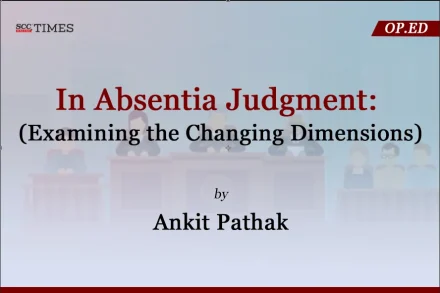
by Ankit Pathak*
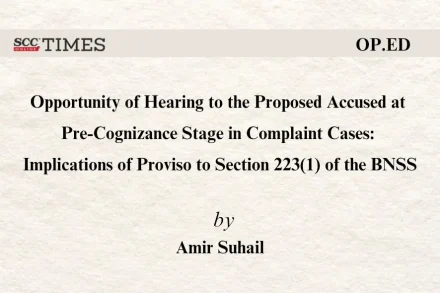

2025 SCC Vol. 5 Part 1: Explore the latest Supreme Court Cases on the Criminal Procedure Code, 1973, National Investigation Agency Act, 2008, and more
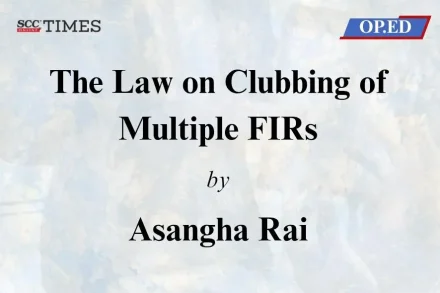
by Asangha Rai*
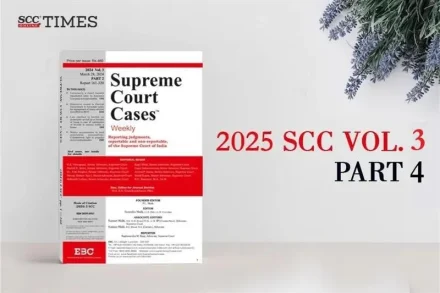
Criminal Procedure Code, 1973 — S. 439 — Grant of bail: Effect, when respondent-accused committed similar offence during bail
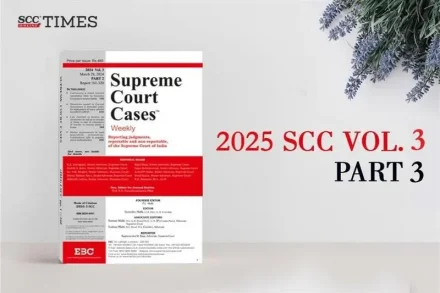
Civil Procedure Code, 1908 – Or. 6 R. 17 – Amendment of plaint — Continuous cause of action
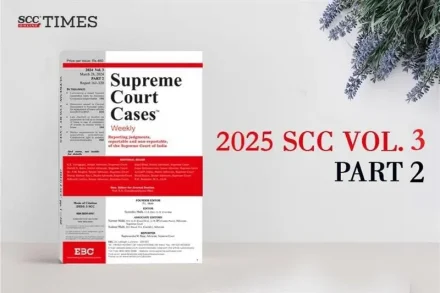
Bombay City Improvement Trust Transfer Act, 1925 (16 of 1925) — Ss. 48(a) and 51(2) — Poorer Classes Accommodation Scheme
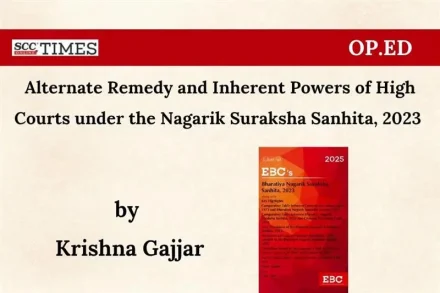
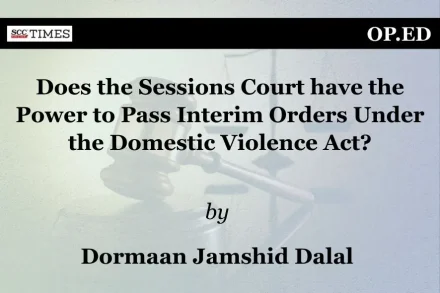
by Dormaan Jamshid Dalal*
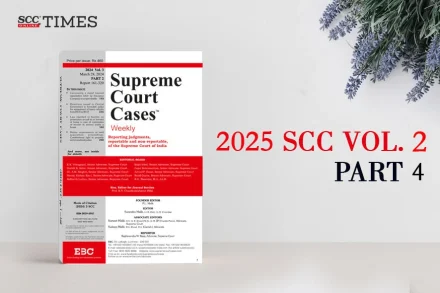
Criminal Procedure Code, 1973 — S. 319 — Summoning of additional accused: Principles of law
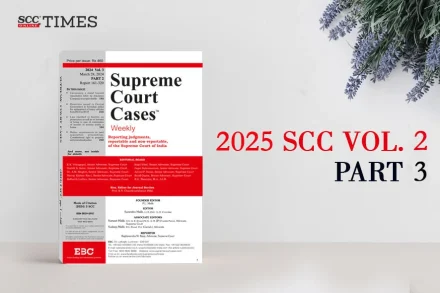
Arbitration and Conciliation Act, 1996 — Ss. 7, 34 and 37 — Arbitration agreement — Bindingness of, on non-signatory — Group of Companies Doctrine
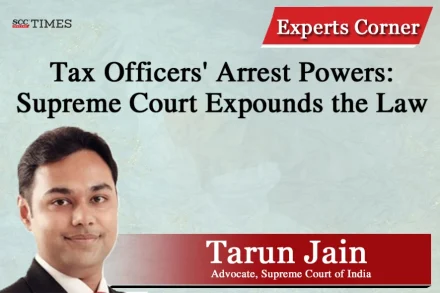
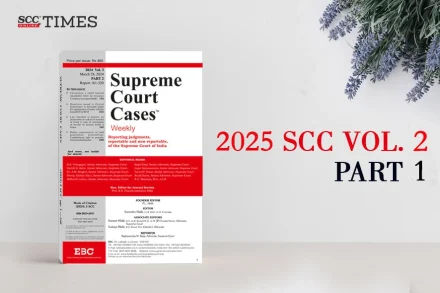
Arbitration and Conciliation Act, 1996 — Ss. 11, 8 and 11 — Parties to arbitration proceedings — Arbitration agreement/clause
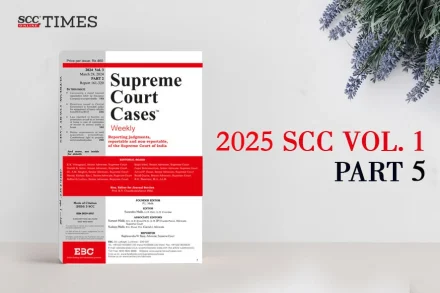
Advocates Act, 1961 — S. 24(1)(f) — Enrolment Fees: Charging of enrolment fees in excess of statutory stipulation under Advocates Act, 1961
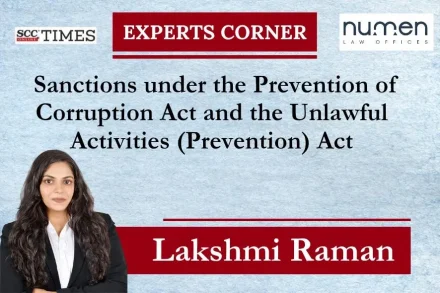
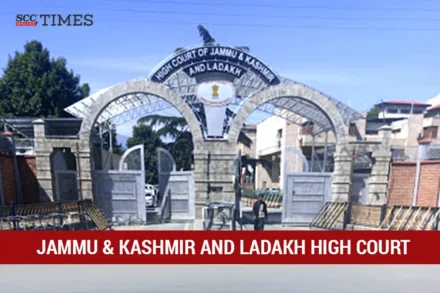
“Even a single day’s delay in grant of bail to a person who is otherwise entitled to it amounts to violation of his fundamental right to life and liberty.”
